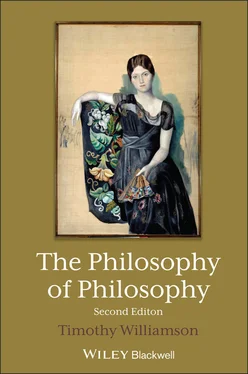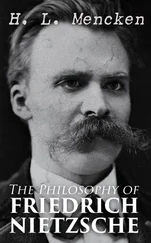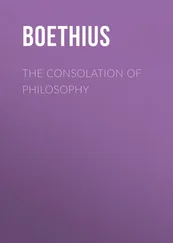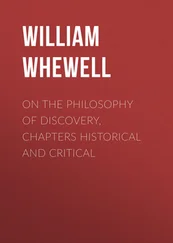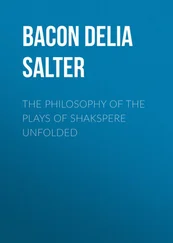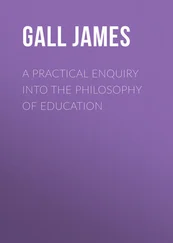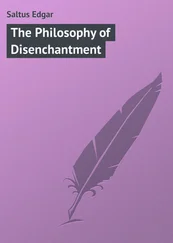The translation test does not show that the original question is not implicitly about a concept , something like the meaning of a word rather than the word itself, for the English word “dry” and its Serbian synonym “suv” both express the concept dry . But what basis is there for the claim that the original question is implicitly about the concept dry ? We might argue that the original question is in some sense equivalent to a metaconceptual question:
Did Mars always belong either to the extension of the concept dry or to the anti-extension of dry ?
For we might apply the notions of extension and anti-extension to concepts by means of biconditionals similar to T2a and T2b respectively:
(TC2a) For any time t, Mars belongs to the extension of dry at t if and only if Mars is dry at t.
(TC2b) For any time t, Mars belongs to the anti-extension of dry at t if and only if Mars is not dry at t.
TC2a and TC2b can express necessary truths more easily than T2a and T2b can, for the apparently contingent relation between words and their meanings has no straightforward analogue for concepts. Concepts are individuated semantically: rather than merely having meanings, they are meanings, or something like them. 5Nevertheless, the argument that the original question is implicitly about the concept dry in virtue of being equivalent to the metaconceptual question wildly overgeneralizes, just like the argument that the original question is implicitly about the word “dry” in virtue of being equivalent to the metalinguistic question. For parallel reasoning would lead to the conclusion that the unphilosophical question “Was Mars always either uninhabited or not dry?” is implicitly about the concept dry , and likewise for any other unphilosophical question. Since those questions are not about concepts in any distinctive sense, the original reasoning does not show that the original question is about concepts in any distinctive sense. Even if the equivalences did show that the original question was in some sense implicitly about thought, they can be read in both directions: they would also equally show that the explicitly metaconceptual questions were in an equally good sense implicitly not about thought.
A Fregean might argue: the original question is explicitly about the concept dry , because it contains the predicate “… is dry” (in the past tense), which refers to the concept dry . In that sense, the question “Was Mars always either uninhabited or not dry?” would also be explicitly about the concept dry . However, the Fregean is not using the word “concept” with its contemporary meaning, on which concepts are something like mental or semantic representations, closer to the realm of sense than to that of reference. The Fregean referent of a predicate (a Fregean concept) is simply the function that maps everything to which the predicate applies to the true and everything else to the false: it could be treated as the extension of the predicate, except that in Fregean terms it is a function rather than an object. If the predicate refers to the property of dryness or to the set of dry things, then the original question is about the property of dryness or the set of dry things, but that has no tendency to show that it is about thought. Similarly, the Fregean claim has no tendency to show that the question is about thought, for the Fregean concept is in the realm of reference, not in the realm of thought. Like the property and the set, it is no sense but something to which a sense may determine reference. Since it is no sense, it is no constituent of a thought, on the Fregean view, nor is it a concept in the current sense of “concept.”
Thought and talk are not always about thought or talk. To judge by its overt compositional structure, the original question in particular is not about thought or talk. It is no metalinguistic or metaconceptual question. We have seen no reason to regard its overt structure as at all misleading in that respect. Our provisional conclusion must therefore be that the original question, although at least proto-philosophical, is not about thought or language in any distinctive sense. It does not support the linguistic or conceptual turn, interpreted as a conception of the subject matter of philosophy.
If the original question, read literally, had too obvious an answer, either positive or negative, that would give us reason to suspect that someone who uttered it had some other meaning in mind, to which the overt compositional structure of the question might be a poor guide. But competent speakers of English may find themselves quite unsure how to answer the question, read literally, so we have no such reason for interpreting it non-literally.
It is useful to look at some proposals and arguments from the vagueness debate, for two reasons. First, they show why the original question is hard, when taken at face value. Second, they show how semantic considerations play a central role in the attempt to answer it, even though it is not itself a semantic question.
The most straightforward reason for answering the original question positively is that “Mars was always either dry or not dry” is a logical truth, a generalization over instances of the law of excluded middle ( A ∕ ¬A, “It is either so or not so”) for various times. In my view, that reasoning is sound. However, many think otherwise. They deny the validity of excluded middle for vague terms such as “dry.”
The simplest way of opposing the law of excluded middle is to deny outright when Mars is a borderline case that it is either dry or not dry, and therefore to answer the original question in the negative. For instance, someone may hold that Mars was either dry or not dry at time t only if one can know (perhaps later) whether it was dry at t , given optimal conditions for answering the question (and no difference in the history of Mars): since one cannot know, even under such conditions, whether it is dry when the case is borderline, it is not either dry or not dry. One difficulty for this negative response to the original question is that it seems to imply that in a borderline case Mars is neither dry nor not dry: in other words, both not dry and not not dry. That is a contradiction, for “not not dry” is the negation of “not dry.”
Intuitionistic logic provides a subtler way to reject the law of excluded middle without denying any one of its instances. Intuitionists ground logic in states of increasing but incomplete information, rather than a once-for-all dichotomy of truth and falsity. They deny that anything can be both proved and refuted, but they do not assert that everything can be either proved or refuted. For intuitionists, the denial of an instance of excluded middle ( ¬( A ∕ ¬ ∼A), “It is not either so or not so”) entails a contradiction ( ¬A & ¬¬A, ‘It is both not so and not not so’), just as it does in classical logic, and contradictions are as bad for them as for anyone else. Thus they cannot assert that Mars was once not either dry or not dry (∃t ¬(Dry(m, t) ∕ ¬Dry(m, t))), for that would imply that a contradiction once obtained (∃t (¬Dry(m, t) & ¬¬Dry( m, t)), “Mars was once both not dry and not not dry”), which is intuitionistically inconsistent. However, although intuitionists insist that proving an existential claim in principle involves proving at least one instance of it, they allow that disproving a universal claim need not in principle involve disproving at least one instance of it. The claim that something lacks a property is intuitionistically stronger than the claim that not everything has that property. Thus one might assert that Mars was not always either dry or not dry (¬∀t (Dry(m, t) ∕ ¬Dry(m, t))), on the general grounds that there is no adequate procedure for sorting all the times into the two categories, without thereby committing oneself to the inconsistent existential assertion that it was once not either dry or not dry. Hilary Putnam once proposed the application of intuitionistic logic to the problem of vagueness for closely related reasons. 6Thus one might use intuitionistic logic to answer the original question in the negative.
Читать дальше
